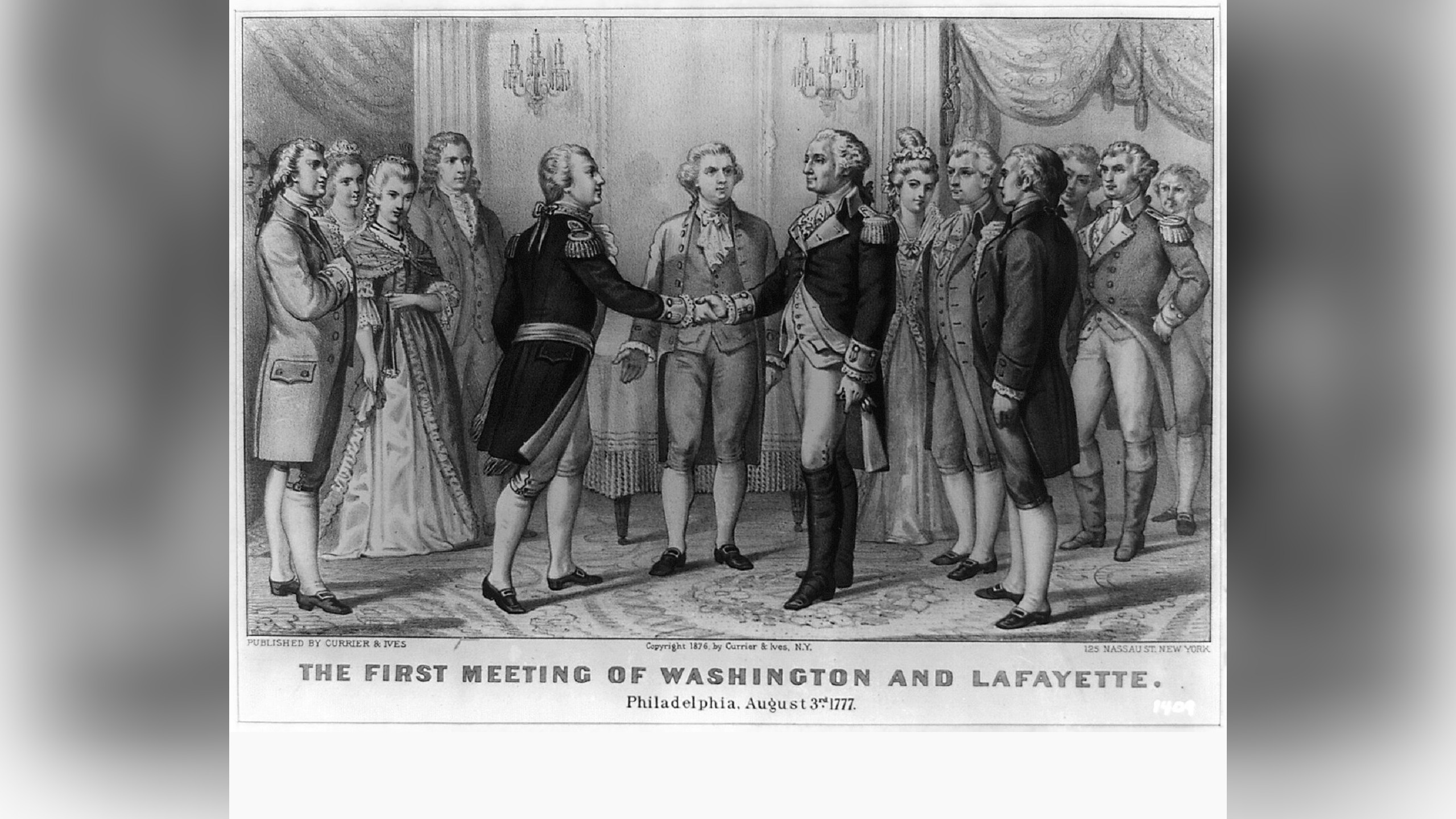France and America: A United Front, Despite the High Price
Last week, President Joe Biden hosted his French counterpart, Emmanuel Macron, for his first official state dinner for a foreign dignitary since entering the White House. And there were good reasons for the dinner. Macron’s relationship with the United States has been turbulent as of late, and at times even tempestuous. The most difficult period in bilateral relations came a year ago, against the backdrop of Australia’s decision to renege on its submarine deal due to US pressure. In 2016, France agreed to supply Australia with a new fleet of conventionally powered submarines, with a total value of about $66 billion. But in the meantime, without France’s knowledge, Australia agreed with the United States and Britain to buy more efficient and effective US-manufactured nuclear-powered submarines. When France discovered the existence of the new deal, Macron and the French defense establishment became furious, accusing the United States of “treason.” Meanwhile, Biden was forced to admit that the way he handled the deal was “clumsy.” The French military, economic, and political support for the American settlements during the American War of Independence between 1775 and 1783 was a decisive factor that led to the eventual victory of the new United States over Great Britain. As its oldest ally, France has held a unique spot in US foreign policy through successive administrations. On the other hand, the American role in the two world wars was essential and decisive for the survival of France. This applies particularly to the post-1945 period when Europe submitted itself to the hegemony of Joseph Stalin and the Soviet Union and was on the verge of falling into the hands of Communism. In addition, covert American aid helped France become the world’s fourth nuclear-weapon state during the 1960s. In recent months, the Ukraine war has highlighted France’s important role in Western security, especially in the wake of Britain’s withdrawal from the European Union and the retirement of Angela Merkel, the powerful former German chancellor. Macron seized this moment to strengthen France’s influence in Europe and abroad and made strenuous efforts before and after the outbreak of the war in Ukraine to negotiate with the Russian side, to prevent bloodshed. However, Macron’s overly enthusiastic efforts at dialogue with Moscow were not viewed favorably by American and other European leaders, and his meetings with Russian officials failed to achieve anything. Since then, Macron has won reelection and now feels more secure and comfortable in his second term as president. Although Russia could not realize its initial hopes of a quick and broad victory in Ukraine, its persistence with the military operation led to greater agreement among Western leaders that the war is far from ending, and that Ukraine should be given more military and economic support. It is certain that cooperation between the Western allies assumes greater importance with the advent of winter and the continuation of problems such as lack of energy supplies, high inflation rates, and unemployment. In this context, Macron will have to use his position and his experience to convince Germany and Italy that any fundamental divisions among the EU over Ukraine will be harmful and dangerous for the Union in the long run. As for the consensus between the United States and France on how to deal with upcoming challenges in the next few months, it is more likely than not that the two countries will continue to present a united front, despite the inevitable high prices they’ll have to pay. —Geoffrey Kemp (translated by Asaf Zilberfarb)


